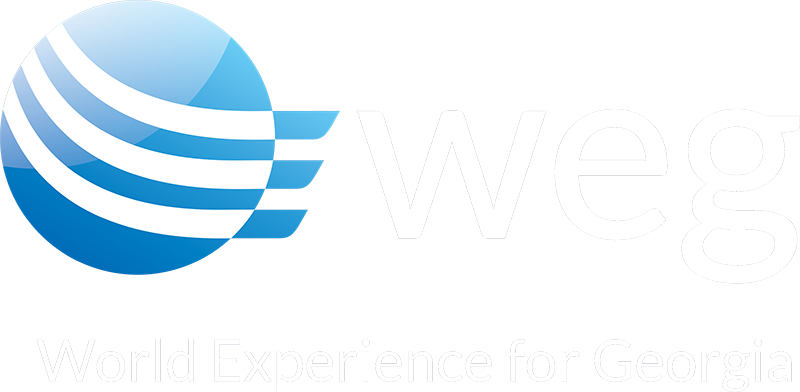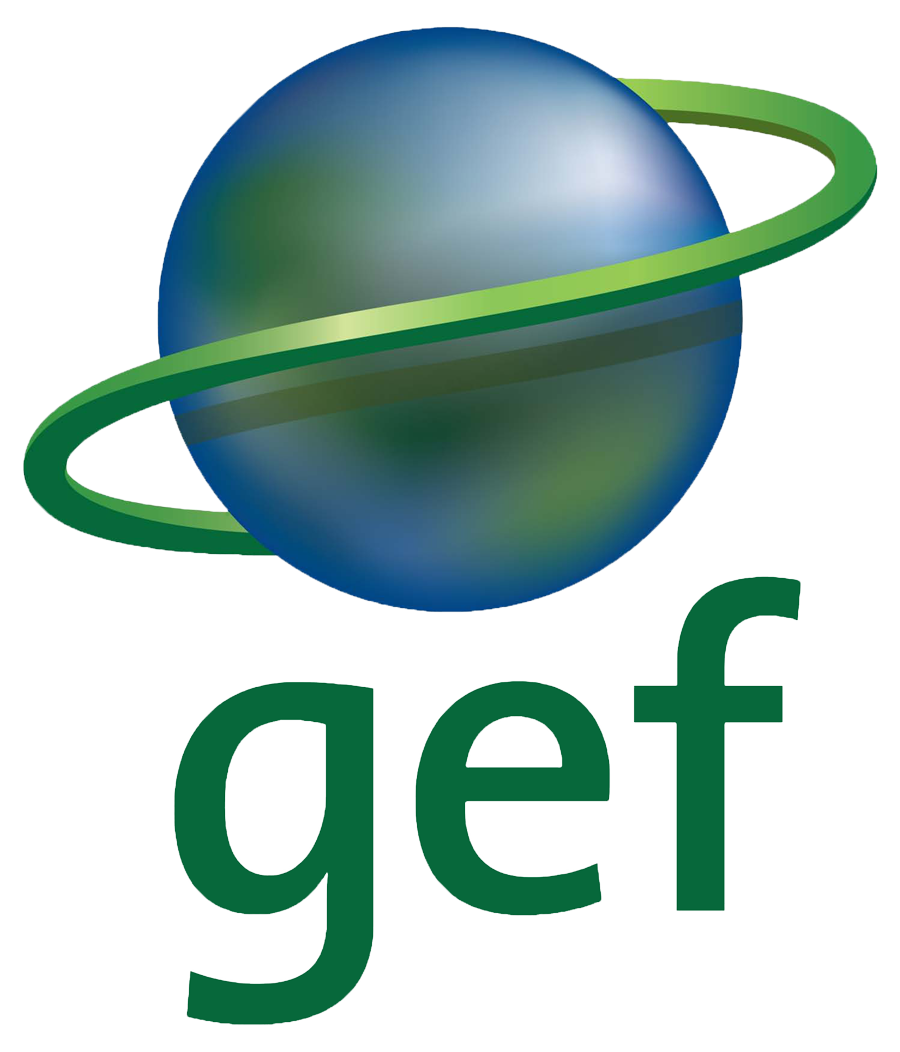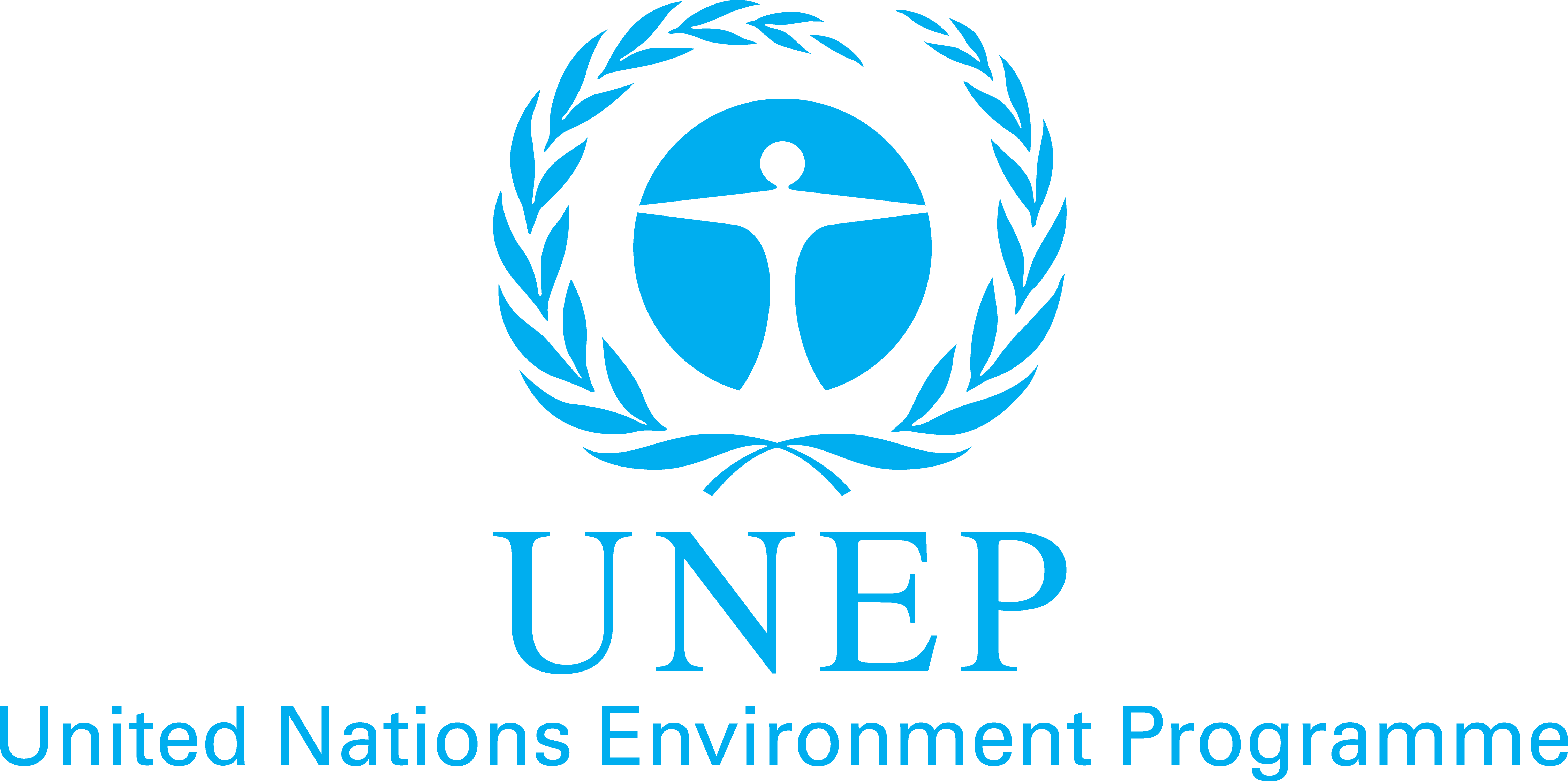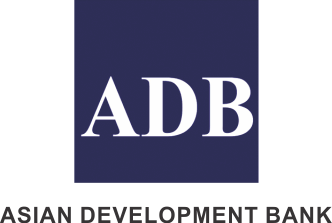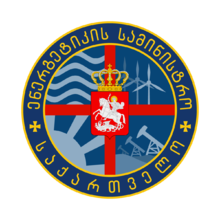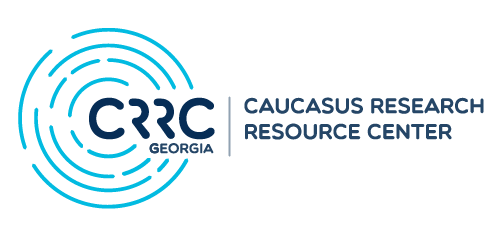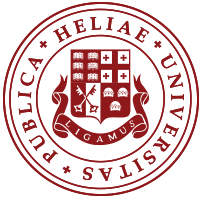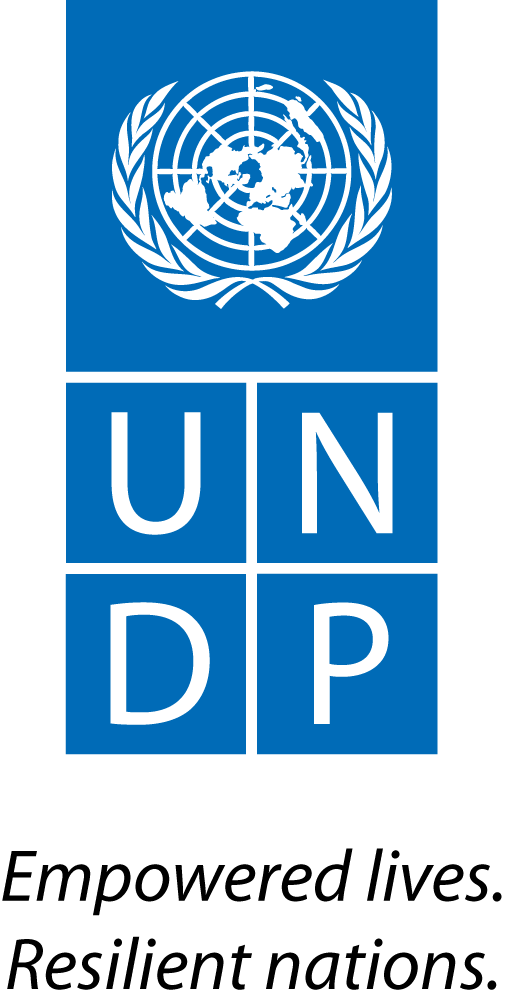Seminar on Energy Efficiency
On November 18, 2014 next seminar within Energy Policy and Sustainability seminars project was held at Ilia State University. The seminar was devoted to Energy Efficiency (EE) issues, experts Murman Margvelashvili, Giorgi Abulashvili and Giorgi Mukhigulishvili presented the topics about the importance of EE and state policy; Covenant of Mayors and EU energy acquis and their implementation in Georgia.
Murman Margvelashvili spoke about EE in the context of green growth, technology transfer and innovation. He raised the question – why does so much potential for cost-effective energy savings go unrealized and named some factors such as: market failures, behavioral barriers and government failures. The important step in this situation is for government to promote some supporting measures such as: information and communication measures (labeling, public awareness and information campaigns) regulatory instruments (standards, regulations for designated consumers, building codes) and market-based instruments (price instruments, quantity instruments).
Giorgi Abulashvili discussed Covenant of Mayors and challenges for Georgia in this direction. The Covenant of Mayors is the mainstream European movement involving local and regional authorities, voluntarily committing to increasing energy efficiency and use of renewable energy sources on their territories. From 2008 about 6000 local governments and municipalities joined this incentive. 8 Georgian cities are the members of the agreement. The main purpose of the agreement is reduction of greenhouse gas emissions, countries and cities have different obligations which require some transformations and reforms.
At the end of the seminar, Giorgi Mukhigulishvili analyzed EU energy acquis about EE and reviewed Georgian energy legislation in this field. He also spoke about countries best practices in the process of transforming EU energy legislation and named the barriers which might hamper the process.
The main message of the seminar was that promoting EE is important step forward EU integration. The role of the government in this process is to establish financial mechanisms, action plans and monitoring systems for transforming EU aqcuis, and develop free market environment in order to reduce energy security risks and therefore contribute in country’s development.
